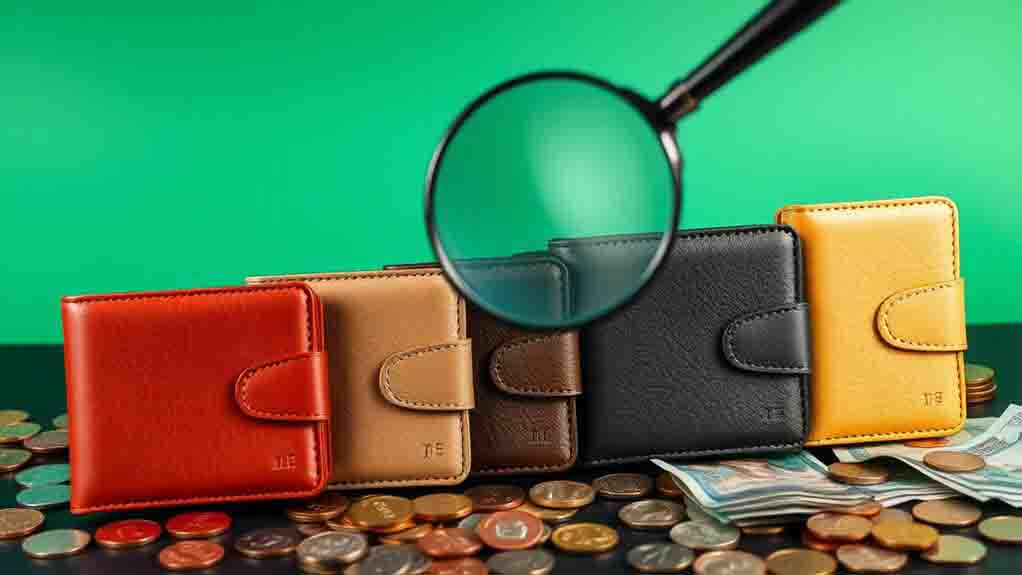Digital Currency Debit Cards
by Admin
Posted on 21-12-2024 05:17 PM

What are Digital Currency Debit Cards?
Digital currency debit cards are a type of payment card that allows users to spend their digital currencies, such as Bitcoin or Ethereum, in the real world. These cards are typically issued by companies that specialize in digital currency payments and are linked to a user's digital currency wallet. When a user makes a purchase using their digital currency debit card, the transaction is processed in real-time, with the digital currency being converted into the local currency of the merchant.
How Do Digital Currency Debit Cards Work?
Digital currency debit cards work by linking a user's digital currency wallet, also known as digital wallets, to a physical payment card. When a user makes a purchase, the card issuer converts the digital currency into the local currency of the merchant, using the current exchange rate. The merchant then receives the payment in their local currency, just like they would with a traditional debit card. The user's digital currency wallet is then debited for the amount of the transaction, plus any applicable fees. Some digital currency debit cards also offer additional features, such as the ability to earn rewards or cashback on purchases.
Benefits of Digital Currency Debit Cards
There are several benefits to using digital currency debit cards. One of the main advantages is that they allow users to spend their digital currencies in the real world, without having to first convert them into a traditional currency. This makes it easier for users to use their digital currencies for everyday purchases, rather than just holding them as an investment. Digital currency debit cards also offer a high level of convenience, as they can be used to make purchases online or in-store, just like a traditional debit card. Additionally, some digital currency debit cards offer rewards or cashback on purchases, which can help users earn more digital currency over time.
Security Features
Digital currency debit cards also offer a high level of security, as they are typically protected by a PIN or password, just like a traditional debit card. Additionally, many digital currency debit card issuers offer advanced security features, such as two-factor authentication or encryption, to help protect users' digital currencies. Some digital currency debit cards also offer a feature called "cold storage", which allows users to store their digital currencies offline, in a secure location, to help protect them from hackers.
Fees and Charges
While digital currency debit cards offer many benefits, there are also some fees and charges associated with their use. These fees can include transaction fees, which are charged on each purchase, as well as monthly or annual fees, which are charged to maintain the card. Some digital currency debit card issuers also charge fees for ATM withdrawals or foreign transactions. It's worth noting that these fees can vary widely depending on the issuer and the specific card, so it's a good idea to carefully review the terms and conditions before applying for a digital currency debit card.
Potential Drawbacks of Digital Currency Debit Cards
While digital currency debit cards offer many benefits, there are also some potential drawbacks to consider. One of the main drawbacks is that the value of digital currencies can be highly volatile, which means that the value of a user's digital currency can fluctuate rapidly. This can make it difficult for users to budget or plan their spending, as the value of their digital currency may change from one day to the next. Additionally, some merchants may not accept digital currency debit cards, which can limit their use. Finally, digital currency debit cards are still a relatively new and evolving technology, which means that there may be some technical issues or bugs to work out.
Regulatory Environment
The regulatory environment for digital currency debit cards is still evolving, and can vary widely depending on the country or region. In some countries, digital currency debit cards are subject to strict regulations, such as anti-money laundering (AML) and know-your-customer (KYC) requirements. In other countries, the regulatory environment is more relaxed, which can make it easier for companies to issue digital currency debit cards. It's worth noting that the regulatory environment can change rapidly, so it's a good idea to stay up-to-date on the latest developments.
Conclusion
Digital currency debit cards offer a convenient and secure way for users to spend their digital currencies in the real world. While there are some potential drawbacks to consider, such as fees and volatility, the benefits of digital currency debit cards make them an attractive option for many users. As the technology continues to evolve, we can expect to see even more innovative features and applications for digital currency debit cards.
FAQs
What is a digital currency debit card?
A digital currency debit card is a type of payment card that allows users to spend their digital currencies, such as Bitcoin or Ethereum, in the real world.
How do digital currency debit cards work?
Digital currency debit cards work by linking a user's digital currency wallet to a physical payment card, which can be used to make purchases online or in-store.
What are the benefits of using a digital currency debit card?
The benefits of using a digital currency debit card include convenience, security, and the ability to earn rewards or cashback on purchases.
Are digital currency debit cards widely accepted?
Digital currency debit cards are not yet widely accepted, but they can be used at many online and in-store merchants that accept traditional debit cards.
Can I use a digital currency debit card to withdraw cash from an ATM?
Yes, many digital currency debit cards can be used to withdraw cash from an ATM, although there may be fees associated with this service.
How do I apply for a digital currency debit card?
To apply for a digital currency debit card, you will typically need to sign up for an account with a digital currency debit card issuer and provide some basic information, such as your name and address.
